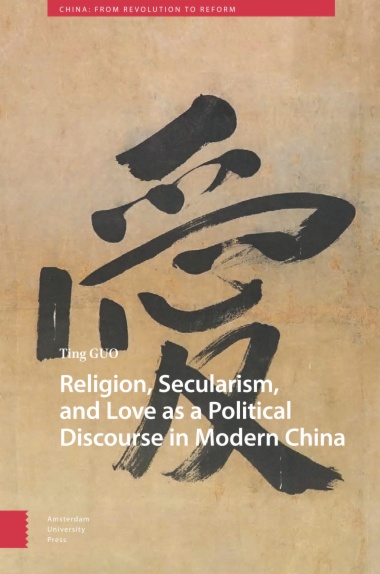This all-new clinical resource provides valuable point-of-care decision support tools based on AAP policy for nutrition of newborns and infants.
A variety of the most important and practical tables, guidelines, and algorithms in the new eighth edition of the AAP policy manual
Pediatric Nutrition is collected here for easy reference in an enlarged, expanded, colorized format.
The chart is presented in a spiral-bound “calendar” format, organized by handy, color-coded tabs.
Tools include - Breastfeeding Support
- Formula Feeding
- Parenteral Nutrition
- Nutrition (Enteral) in Special Circumstances
- Complementary Feeding
- Food-Drug Interactions
- Vitamin and Mineral Deficiency
- Daily Reference Intakes and Upper Limits
- And more…
- Daily Reference Intakes
- Breastfeeding Support
- Hypoglycemia
- Parenteral Nutrition
- Nutrition (Enteral) in Special Circumstances
- Complementary Feeding
- Vitamin and Mineral Deficiency
- Food-Drug Interactions by Class
- Infant Growth

